Fieldwork
This listing expired on November 1, 2020. Please contact info@ifrglobal.org for any updated information.
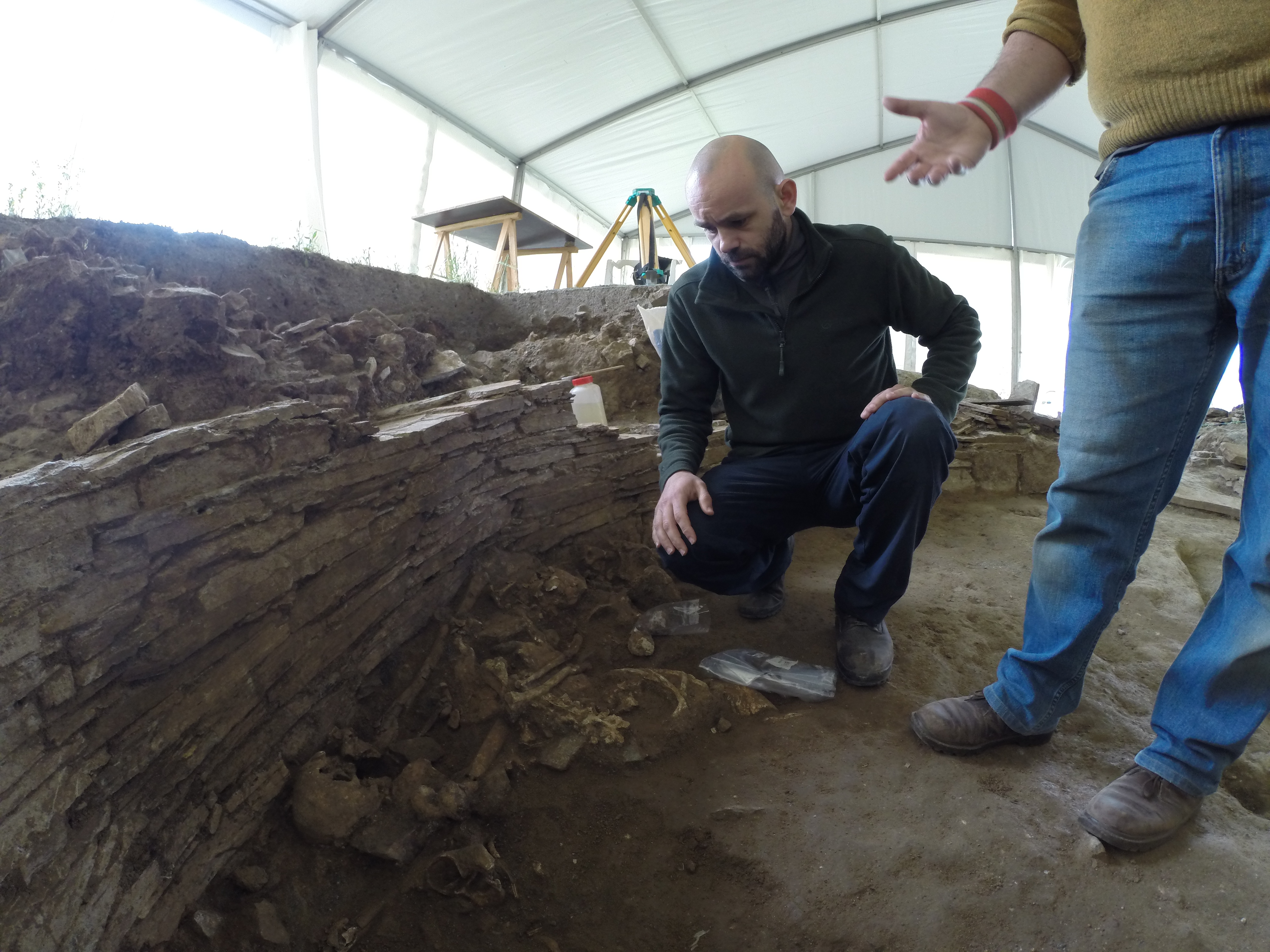
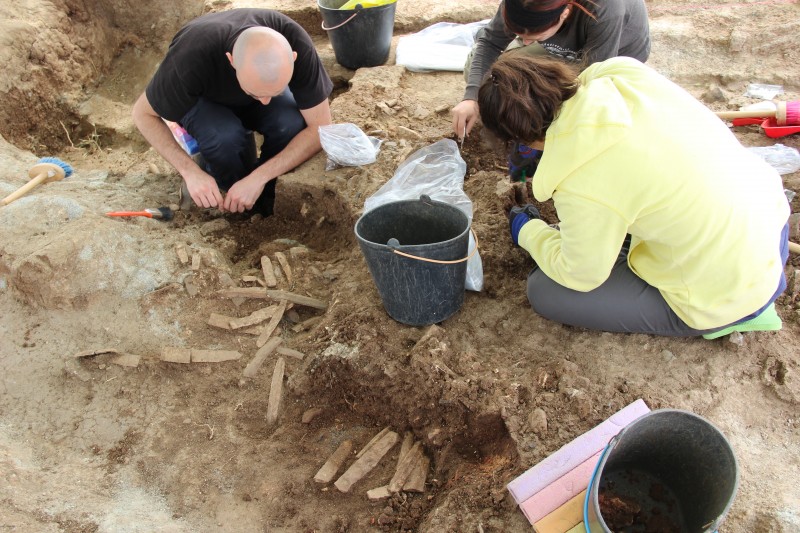
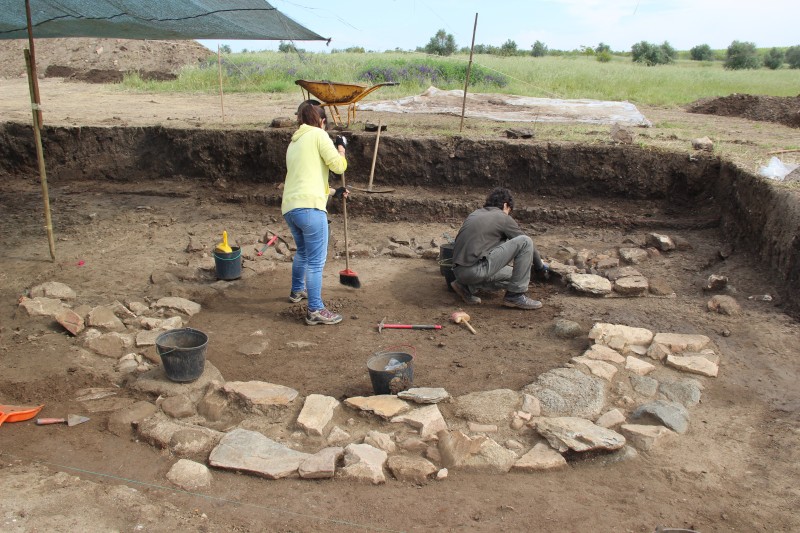
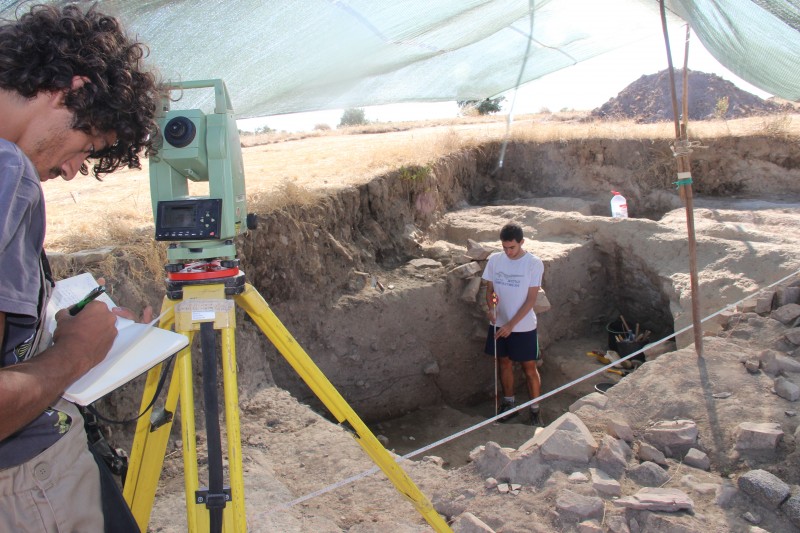
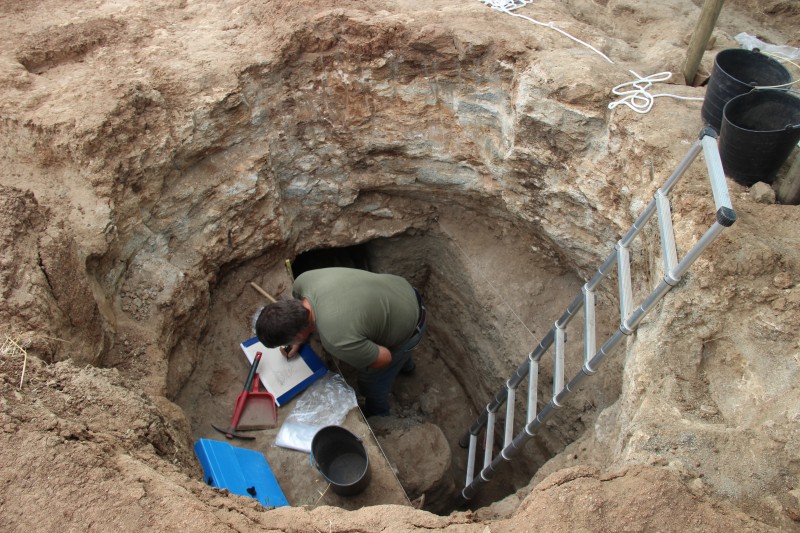
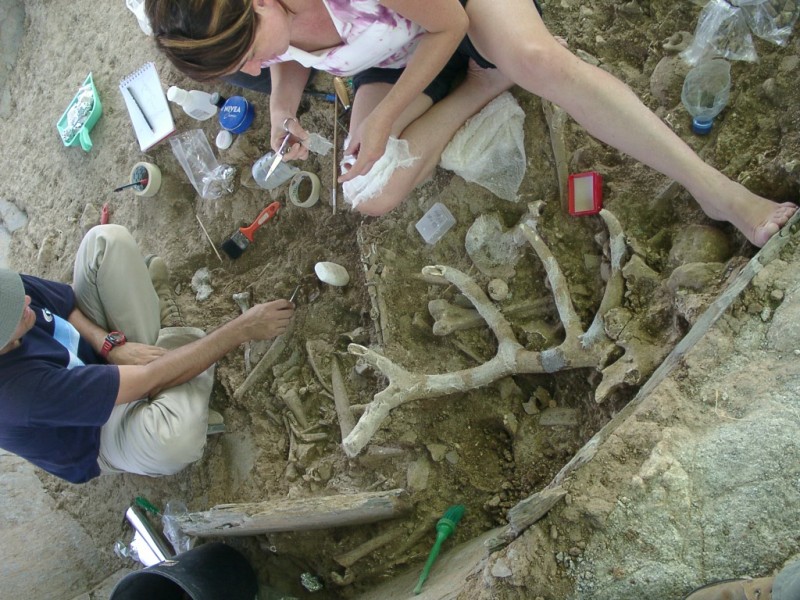
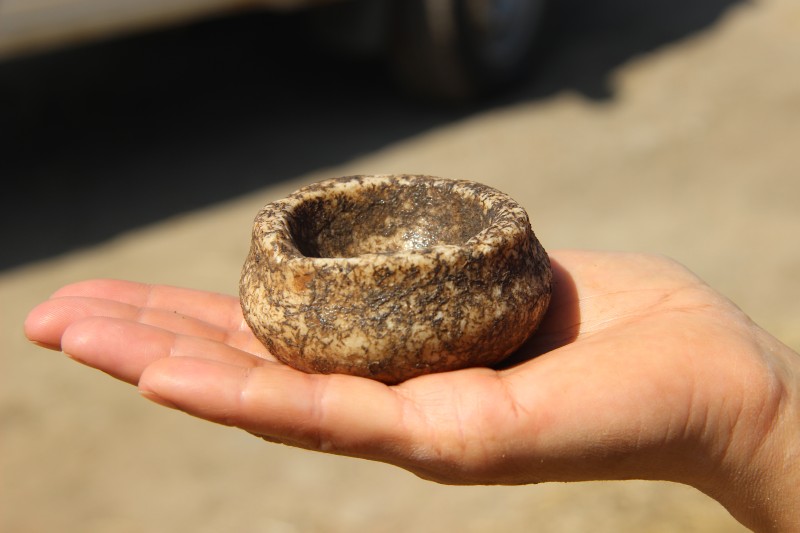
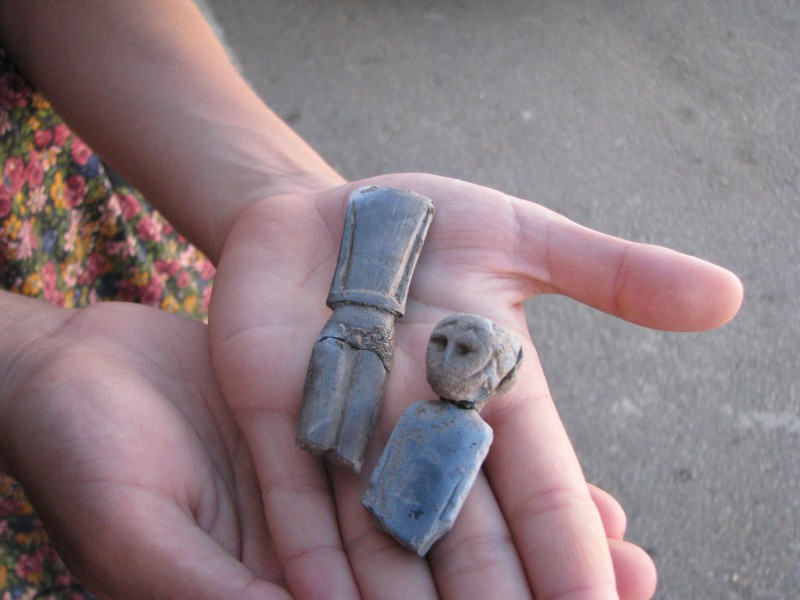
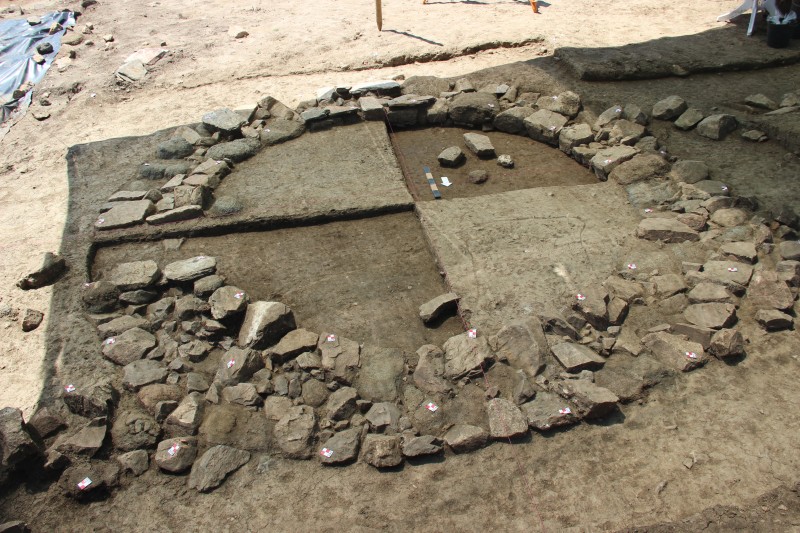
Location: Reguengos de Monsaraz, PT
Season: July 19, 2020 to August 22, 2020
Application Deadline: April 3, 2020
Deadline Type: Rolling
Website: https://ifrglobal.org/program/portugal-perdigoes/
Program Type:
Field School
RPA Certified:
No
Affiliation:
Algarve University, ERA Arqueologia, Connecticut College, Institute for Field Research
Project Director:
Dr. António Valera & Dr. Lucy Shaw Evangelista
Project Description:
Picture yourself at the center of the prehistoric world – in a place that might have been a space for socialization, connection to the sacred, where the human body was treated in surprising and diversified ways. Perdigões is 16-hectare site with many concentric ditched enclosures built and inhabited for about 1,500 years, between 3400 and 2000 B.C. It lies in a natural amphitheater, open to the East, with entrances aligned to the rising sun at summer and winter solstices. The site was first identified in the 1980’s and has been the subject of continuous research since 1998. It is one the most important sites in the Iberian Peninsula for research about the development of social complexity in Neolithic Europe. Our research questions are aimed at better understanding the chronology of this complex site and characterizing the associated social practices, namely the structured depositions in pits and ditches, funerary practices, social interaction, and patterns of mobility. These are investigated using a multidisciplinary approach, congregating methods from bioanthropology, archaeometry, isotopic studies, zooarchaeology, geophysics, and archaeological studies of material culture and architecture.
The 2020 research/fieldwork goals are to excavate positive and negative structures (funerary and non-funerary), ideally in the central area of Perdigões where we will likely find abundant faunal, archaeological, and human remains. In addition to excavation methods, students will learn register techniques applied to human remains and cleaning and identifying human bones as well as methods for estimation of age at death, sex diagnosis, and minimum number of recovered individuals.
Period(s) of Occupation: Neolithic Europe; Bioarchaeology
Project Size: 1-24 participants
Minimum Length of Stay for Volunteers: Participants are required to stay for the full duration of the field school.
Minimum Age: 18
Experience Required: No prior experience required.
Room and Board Arrangements:
Students will be accommodated in small houses (about 2-3 rooms each) in Telheiro (Reguengos de Monsaraz), a small town near Perdigões. Each house has a kitchen, living room, and one bathroom. Shared rooms hold a maximum of 3 people. The houses will be cleaned twice a week. It is the students’ responsibility to maintain the house clean for the rest of the week. Students will be taken by car to the site daily. Once a week, at the end of the day, students will be driven to the laundry.
Lunch and dinner will be provided. Breakfast is the students’ responsibility. Sunday lunch is students’ responsibility. Food and other amenities can be purchased at local stores. Three supermarkets are about a 15 minutes ride from Telheiro. Also, the restaurant Sem Fim is at a 5 minute walking distance from the houses.
Regarding dietary restrictions, since lunch is provided by Esporão’s canteen of and dinner is provided by a local cook, it is difficult to accommodate any specifications rather than vegetarian. It is not possible to accommodate vegan or gluten free diets. The gastronomy in Alentejo is very rich and diverse, but also traditional and conservative.
On Sundays there will be field trips. Lunch is not included. On the 8th of August there will be an optional field trip to Mérida, Spain, charged separately.
Academic Credit:
8 Semester Credits credits offered by Connecticut College. Tuition is $4,420.
Institute for Field Research
2999 Overland Ave. Suite 103
Los Angeles
California
90064
United States
Phone: 1.42421E+13
The AIA is North America's largest and oldest nonprofit organization dedicated to archaeology. The Institute advances awareness, education, fieldwork, preservation, publication, and research of archaeological sites and cultural heritage throughout the world. Your contribution makes a difference.